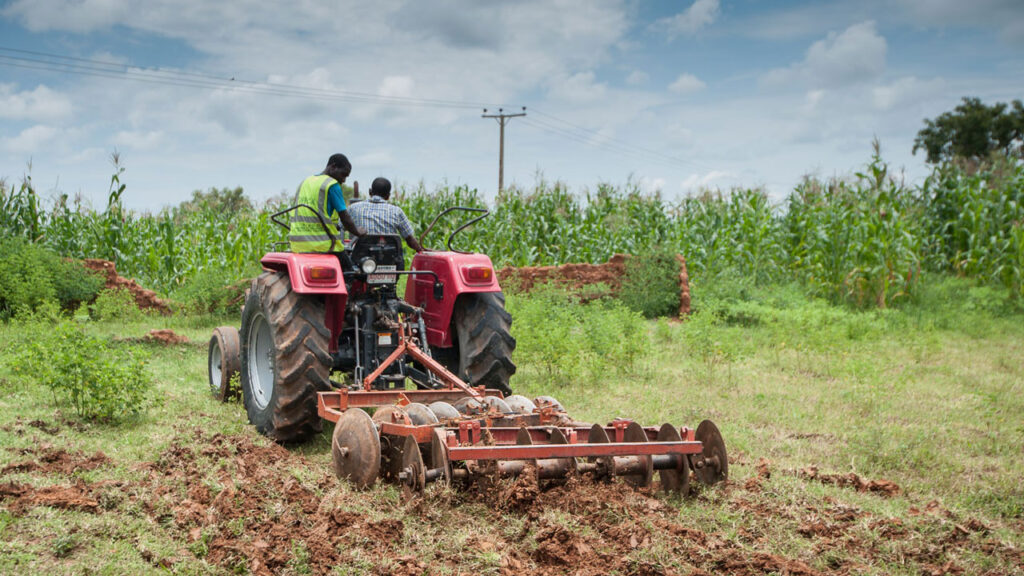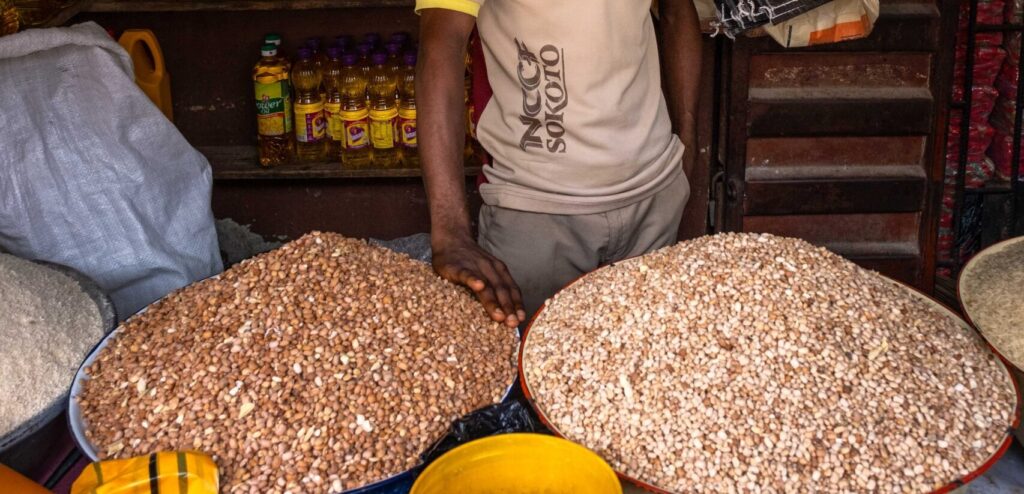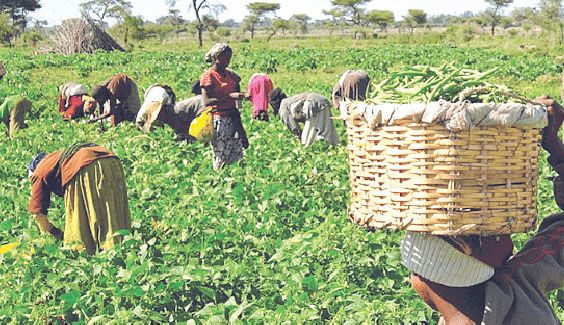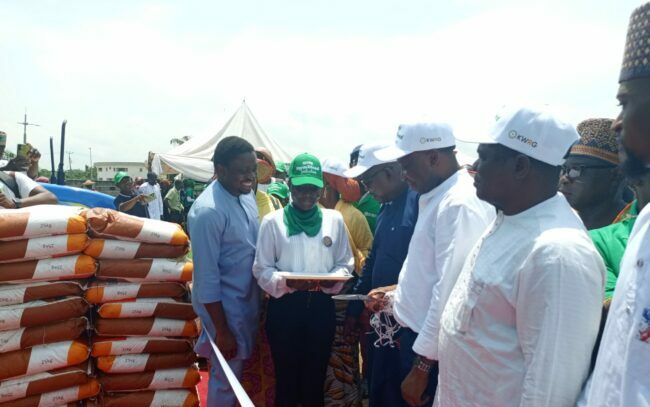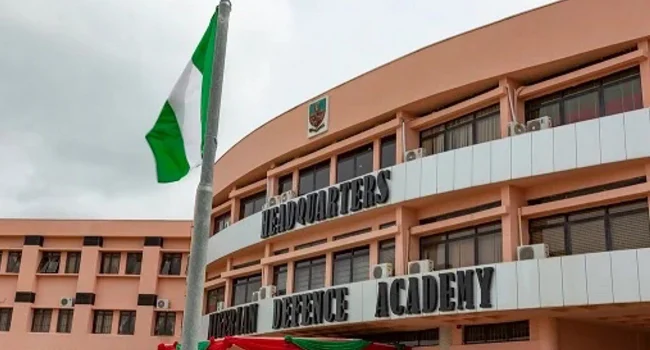
Climate researchers from the University of Lagos (UNILAG), Lead City University, Ibadan and the Nigerian Institute of Social and Economic Research (NISER) have promised to find enduring solutions to the effects of climate change on farmers and their livelihoods.
The researchers met in Ilorin, Kwara State to investigate climate extremes and their effects on the Nigerians in rural and urban areas. The experts, who drew stakeholders to the state capital for participatory sessions with a view to co-design and co-produce the study, engaged representatives from rural communities, Government MDAs, NGOs, Academia and the Private Sector to focus on the effects of flood, droughts, and heat wave “on the marginalised rural and urban populations.”
Code named: A Pan-African and Transdisciplinary Lens on the Margins – Tackling the Risks of Extreme Events” (PALM TREES,) the researchers were funded under the Climate Adaptation and Resilience (CLARE) Programme of the UK International Development and Canadian International Development Research Centre (IDRC) to find enduring solutions to the consequence effects of climate change on farmers in the grassroots and their livelihoods.
Prof. Mayowa Fasona of the University of Lagos highlighted that the project is focused on the live experiences with climate extreme events of those living on the margins, including women, people with disability, elderly and orphans, among others, will help the participants on how they prepare, adjust, and cope, and the impacts of climate extremes on their livelihoods and health with the view to designing and implementing transformational interventions to strengthen their resilience.
Also, Prof. Andrew Onwuemele of NISER emphasised the need for adoption and uptake of the expected research outputs by all concerned as it is only through this that the research could aid sustainable development, “particularly in strengthening the adaptation and resilience of the marginalised people and communities to climate change.”
Prof Grace Oloukoi of Lead City University, Ibadan, in her welcome address hinted that the session was to gather inputs from the relevant stakeholders to see how climate extremes have impacted their living and livelihoods so as to enrich the expected outputs of the research.



